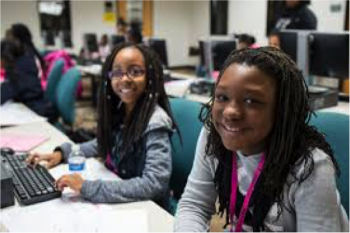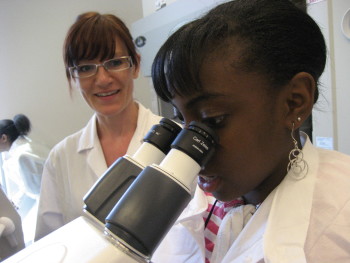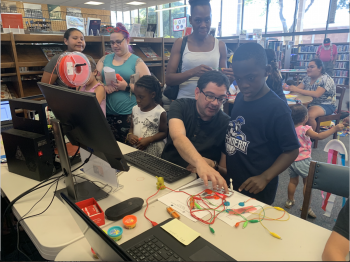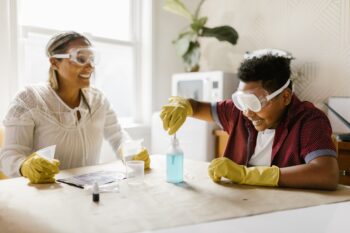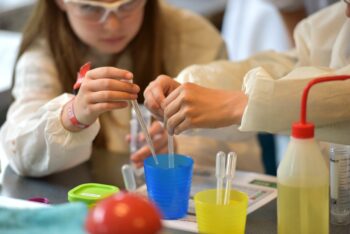Developing Makerspaces in Libraries Throughout California
REA served as external evaluator for Developing Makerspaces in Libraries through California, a partnership between the California State Library, Regallium Consulting, and the Bay Area Discovery Museum. This three year project helped to establish unique community-driven makerspaces in ten under-resourced public libraries across California. The participating libraries are geographically spread out across the state, and were selected by prioritizing those sites that were under-resourced as defined by budget, staffing, or serving a high needs community. Each makerspace uniquely reflects the community it serves in terms of the range of program activities and types of implementation models. An essential component for the sustainability of these library maker programs is the development of strategic collaborative partnerships, where the library collaborates with the local maker ecosystem including education institutions, community business and cultural institutions, local makers and artisans, civic groups and government. Each library also conducts their own ongoing evaluation of program activities and impact. By the end of August 2020, the project will publish a comprehensive Toolkit that will include a detailed description of the steps necessary in developing a public library makerspace, including needs assessment, budget and space planning, training, and partnership development. REA assisted in the development of the Toolkit. The Toolkit will be available at MakersintheLibrary.org
REA-led evaluation activities during the project included conducting a 10-site needs assessment with library staff, partners, and patrons, providing training to library staff on evaluation methods, reviewing evaluation instruments, and conducting an overall aggregate evaluation of training activities, project support and project impact. For more information, check out this video presented at the 2020 Play.Make.Learn virtual conference.
